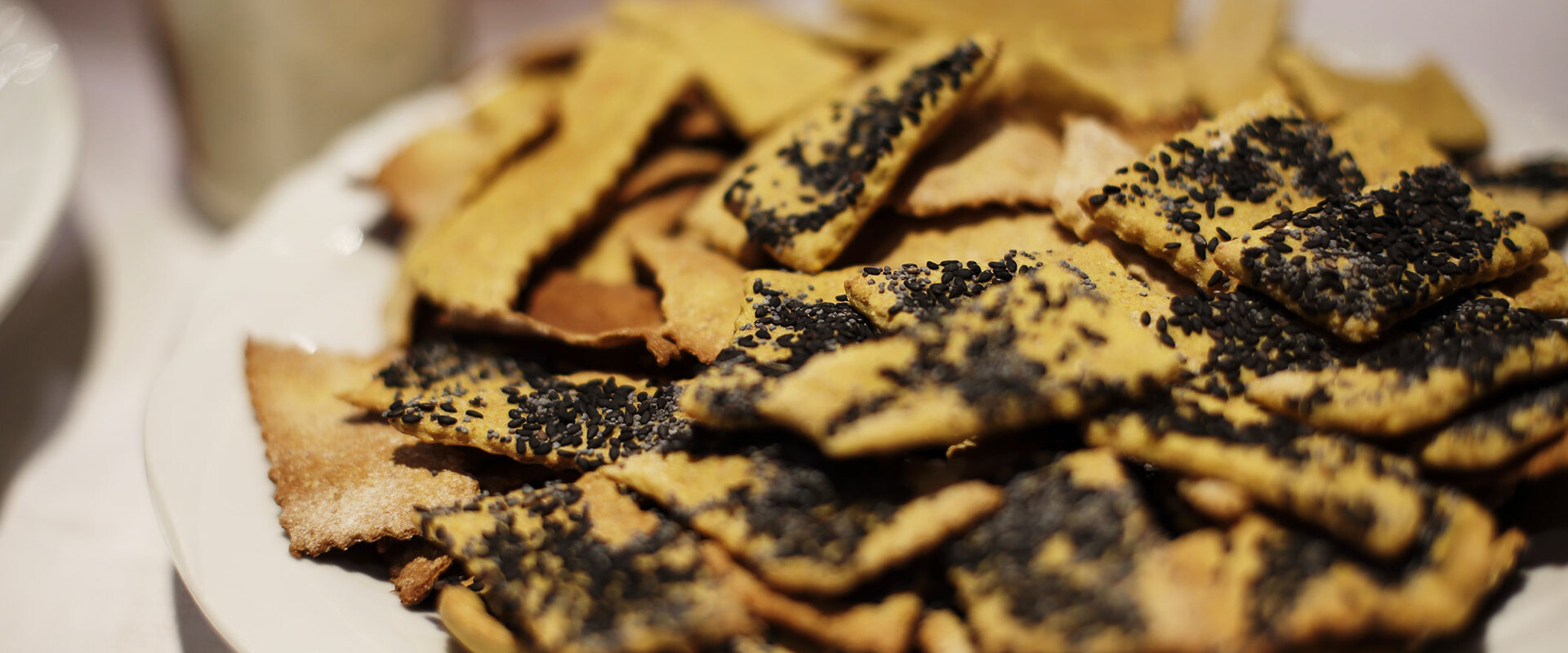Chinese medicine and diet: Advice for staying healthy (part II)
2017-02-10
“
In Chinese medicine, no food is taboo,” says
Lena Tritto, a cookbook author and dietary consultant trained according to the traditions of Chinese medicine at
ScuolaTao in Bologna.
China has faced periods of famine throughout its history. This is why the practice of fasting, recently been revived for therapeutic reasons in the west, has never been common there: “
It means depriving ourselves of our Qi, the primary energy of the universe that flows through our bodies.”
In
Chinese nutrition, “
every food has an effect on the body, and we need to understand whether it is good for a person’s energy balance or not.” This is not an ethical approach, but a pragmatic one: “
if a person tends to feel cold, for example, excessive consumption of fruit and vegetables or yoghurt, which are cooling foods, is not ideal for them.”
The Chinese emperor
Shen Nong, a legendary figure whom the Chinese traditionally credited with the invention of agriculture, the writing of the first treatise on herbal medicine and the discovery of tea, is said to have given humanity a catalogue of foods which he himself had sampled to see if they would be good for the people. “
The Chinese approach to food has always been based on experience.”
Much of the advice western nutritionists have to offer at this time may not be suitable for everyone. For example, “
the recommendation to drink a lot of water may not be good for everyone, because for some people it would be better to take hot soups or herbal teas rather than water.” The same applies to the fad for drinking green tea: “
it is a powerful antioxidant, but in Chinese medicine it is also powerfully draining, so it draws off energy. People who don’t feel that they have a lot of energy should add warming spices such as cinnamon to their green tea.”
Aloe vera, currently proposed as a panacea for all ills, “
is almost a drug, and has a cooling, detoxifying and laxative effect”. It may be just what some people need, but it’s not necessarily good for everyone. Similarly, Goji, chia seeds and other food fads of the moment may be good for you, but “they must be used with good sense and eliminated if they are not appropriate for us”. In short,
the mantra of Chinese nutrition is “it all depends”.
Another of today’s food fads involves eating raw foods. Eating food raw preserves its vitality, but “
Chinese nutrition always recommends lightly cooked food, even if it is cooked only for a few minutes, so that loss of nutrients such as heat-sensitive vitamins is minimal”. Vegetables, which must maintain a bright colour and a crunchy consistency, should be cooked rapidly by blanching, steam cooking or stir-frying them in a wok. Only soups, grains and legumes are cooked for a longer time.
In the next post, we’ll find out what to cook for a healthy diet.
Mariagrazia Villa
Photos: Alessandro Bonori (1), Fabrizio Cicconi (2-4).
